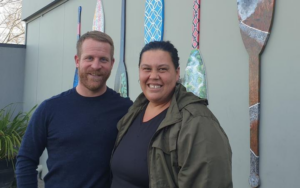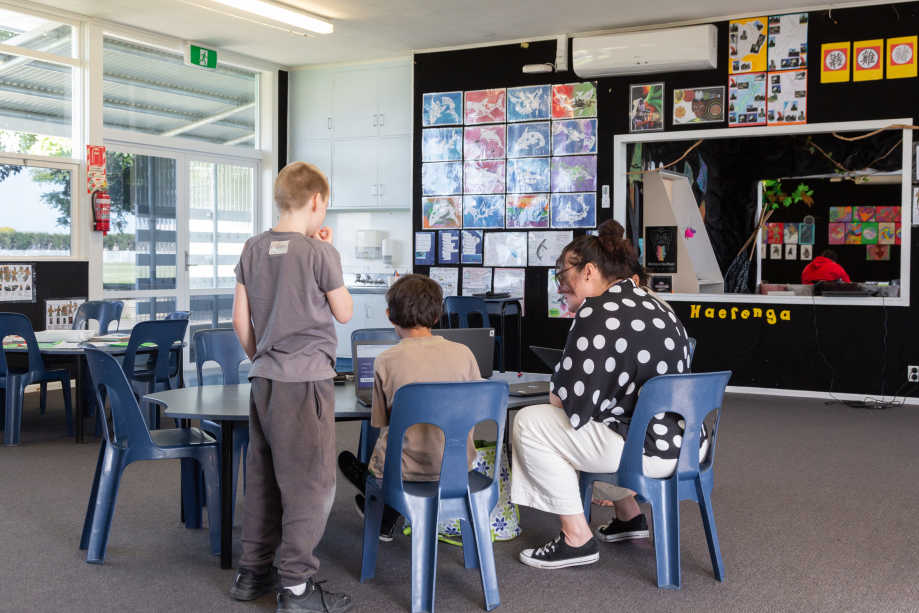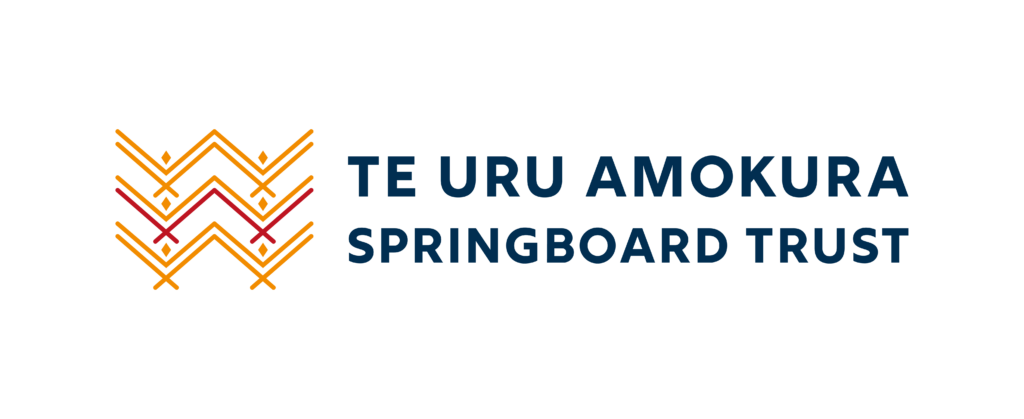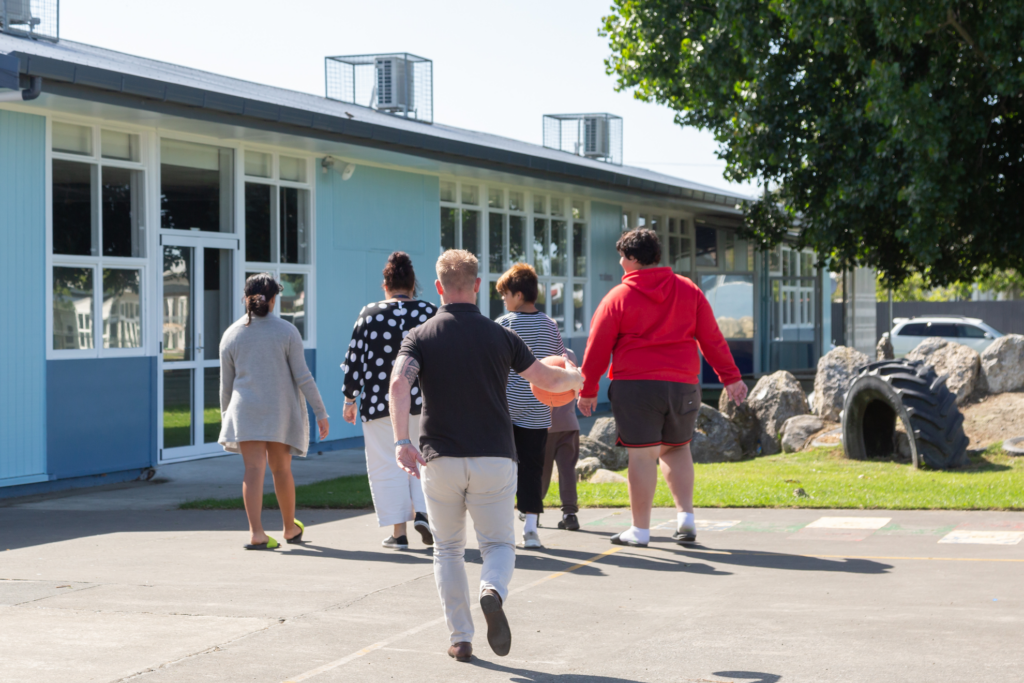Stand downs, suspensions, exclusions and expulsions are difficult decisions for any school to make. And in almost every single case, they are decisions that have long-lasting negative impacts for the students and whānau involved.
For a group of Napier principals, such punitive measures were far from ideal – yet there remained (and remains) a significant gap in our education system around more restorative measures for students who face challenges in school. Taking the issue into their own hands, they began the process of building a better system to support these students – which has become Te Tupu Managed Moves.
Creating new sources of support for students
Te Tupu Managed Moves is an amalgam of many different organisations that share resources to support children who struggle to integrate into mainstream education. As Te Tupu Co-ordinator Damien Izzard notes, it’s a vital space to work in.
“Without a shadow of a doubt, we exist to address gaps in the current education system. We are working with students who haven’t been in education for a year, sometimes more – and at the age of year 4 or 5, that’s a critical formative time in their learning and development.”
It is a gap that many principals in the region wanted to address formally but needed support to get ideas up and running.
“We worked with a group of Napier principals initially, thinking the main challenges of stand downs, transients and disengagement applied to year 5-8 students. After engaging Waikato University to provide us with quantitative evidence to support our case, we realised the age range was bigger.”
With a clear focus and hard data, Te Tupu began engaging a whole host of organisations who could support these students: Ministry of Education, Ministry of Health, Oranga Tamariki and a series of locally based and Māori-focused organisations.
After presenting their case to then-Associate Minister for Education Tracey Martin, they received funding to roll out Te Tupu Managed Moves for three years.

At its core, Te Tupu Managed Moves is about sharing resources to provide support to students facing a crisis point in their education and giving them a pathway back into schools.
“We can take on around 10 students at a time,” Damien says, “and give them a tailored learning and support environment. Every child has an individualised programme, that we work on with their whānau, school and relevant community organisations. It’s a true wrap-around approach – a lot of the reasons kids might be with us are out-of-school factors, that need out-of-school solutions.”
The original plan was for a student to stay with Te Tupu for around 10 weeks, but the highly personalised nature of the support means that time can vary.
“Some students will be with us for just two or three weeks, while some longer than 10 weeks. We’re built to be adaptable to the child’s needs, supporting them with whatever they need, be it dealing with the stress of a bus trip or helping them with longer-lasting trauma.”
And so far, the initiative has provided immensely positive support, with 19 of the 21 students to have come to Te Tupu back in education in some way, shape or form.
“When you consider that these children come to us because they are at a crisis point, it’s a really wonderful thing to see.”

The keys to success
Damien stresses three key elements of how Te Tupu has been effective to date – removing stigma, collaborative work, and continuous support well after a child leaves them.
“When a student comes to us, it’s so important to remove any negative perception of what we do. We want them to come to us, we’re lucky to have them and the opportunity to help them return to school. The last thing we want is for this to be a numbers game or a negative marker for schools or students – it’s simply a different source of support that helps everyone, principals see that a child has come to us and they trust our approach and want to bring them into their community.”
“We’re providing a solution to a problem, but we’re by no means the be-all and end-all of it. Te Tupu exists in a specific region to support specific students – we’re excited to see the potential for replicating this work elsewhere, but anything we’ve done right so far is down to the fantastic community collaboration. The people we have in these environments are incredible – they know the kaupapa and they know the community, which are critical for giving adequate support to our tamariki.”
“That knowledge and support go well beyond the time a student spends with us too. The goal is helping kids get back into school and stay there – it might not be where they came from, but we work with the school’s staff, the whānau and external agencies to help the students and check in with them for some time after they go back. I’ve even gone with some students to school camp – the social engagement I get to see them have in that kind of situation is just amazingly powerful.”
The work that Te Tupu is doing is incredibly important – and, as media coverage over the last year has shown, turning heads up and down the country. A true wrap-around approach to helping New Zealand students return to school where they may otherwise be excluded is a vital – yet often missing – element of our education system. And as part of the team supporting Te Tupu with their evaluation and reporting, Springboard is honoured to help the work continue.
“That evaluation side of things is really important,” Damien adds, “because it’s how we present the effectiveness of Te Tupu. Again, it’s an initiative specific to our schools’ needs, but it could potentially lay the groundwork for other, similar groups to do the same.”
“The gaps exist – they exist all over. But if we can become a place to ask questions about bringing students back into education and provide some solutions, we’re in the right space.”









